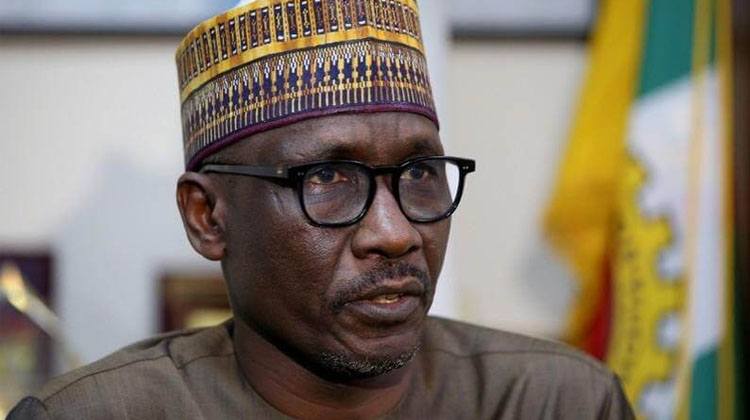
Nigerians are once again facing the hardship of petrol scarcity, raising questions about the country’s recurring socioeconomic challenges. The recent fuel shortages that started in the Federal Capital Territory have now spread nationwide, causing prices to skyrocket and intensifying the already existing cost-of-living crisis. The leadership of NNPC, led by Mele Kyari, has once again failed to deliver for the people.
The situation is dire, with long queues forming at the few petrol stations that have the product available. Prices at independent stations have surged to N1,300 per litre from N650, while the black market price has reached N2,000 per litre. Many people are spending the night at stations, and some even spent the May Day holiday waiting in line. Reports of violence, such as a security agent fatally shooting a young man at a petrol queue in Lagos, further highlight the chaotic state of affairs.
Despite being the largest oil producer in Africa, Nigeria continuously grapples with such crises.
The official reasoning that removing petrol subsidies would lead to increased availability has proven to be ineffective. The move by President Bola Tinubu to cancel subsidies on his Inauguration Day resulted in a spike in petrol prices to between N568 and N650 per litre, yet the problem of scarcity persists in a cyclical manner.
At the core of the issue is Nigeria’s heavy reliance on petrol imports, a strategic misstep perpetuated by the Federal Government and NNPC.
The country’s four public refineries, all under NNPC control, have been non-operational for decades despite a combined capacity of 445,000 barrels per day. Past Presidents have failed to hold NNPC accountable for this mismanagement, with successive administrations implicating themselves by retaining the Minister of Petroleum portfolio. This negligence not only drains public funds but also damages Nigeria’s global standing as a struggling state. In 2022, the country spent N5.2 trillion on petrol imports, a significant financial burden for a nation rich in crude oil resources and facing economic challenges.
The intertwined issues of oil theft and production capabilities further exacerbate the crisis. Although oil theft decreased during the tenure of Muhammadu Buhari, it still stands at 400,000 barrels per day, the highest globally. This hampers Nigeria’s ability to meet its OPEC quota and results in daily revenue losses exceeding $4 million. Inadequate crude supply compounds the challenges faced by domestic refineries, alongside the ongoing insecurity in the Niger Delta region, leading to a flight of international investors.
In response to the demand, NNPC has monopolized petroleum product imports, driving other oil majors away. This monopoly not only subjects Nigerians to NNPC’s control but also exposes the country’s flawed free market claims.
A significant drawback is NNPC’s dual role as both regulator and retailer, posing a conflict of interest detrimental to the sector’s competitiveness.
Hence, the imperative action is for Tinubu to divest NNPC from the downstream sector, fostering competition to unlock numerous benefits such as attracting local and international investors, fostering innovation, creating jobs, boosting tax revenue, and enhancing GDP growth.
Looking to the example of the United States, a major crude producer that doesn’t own refineries, Tinubu should swiftly privatize Nigeria’s refineries and disengage NNPC from retail operations. This bold move is crucial to breaking free from the cycle of national embarrassment caused by recurring petrol scarcity.
